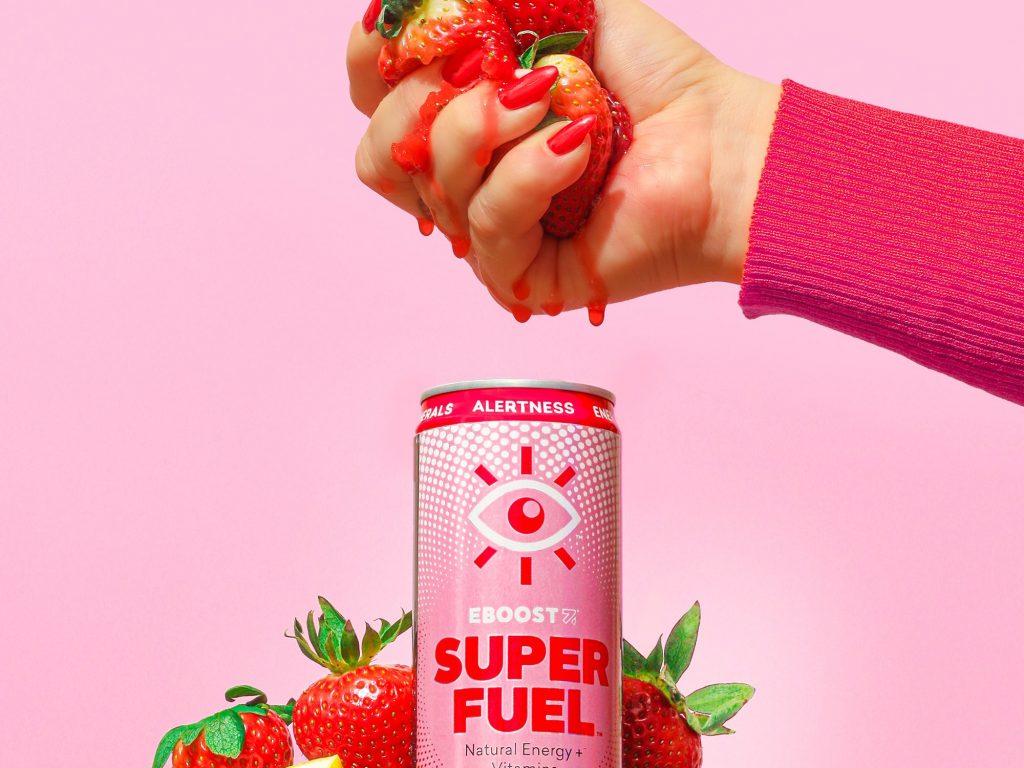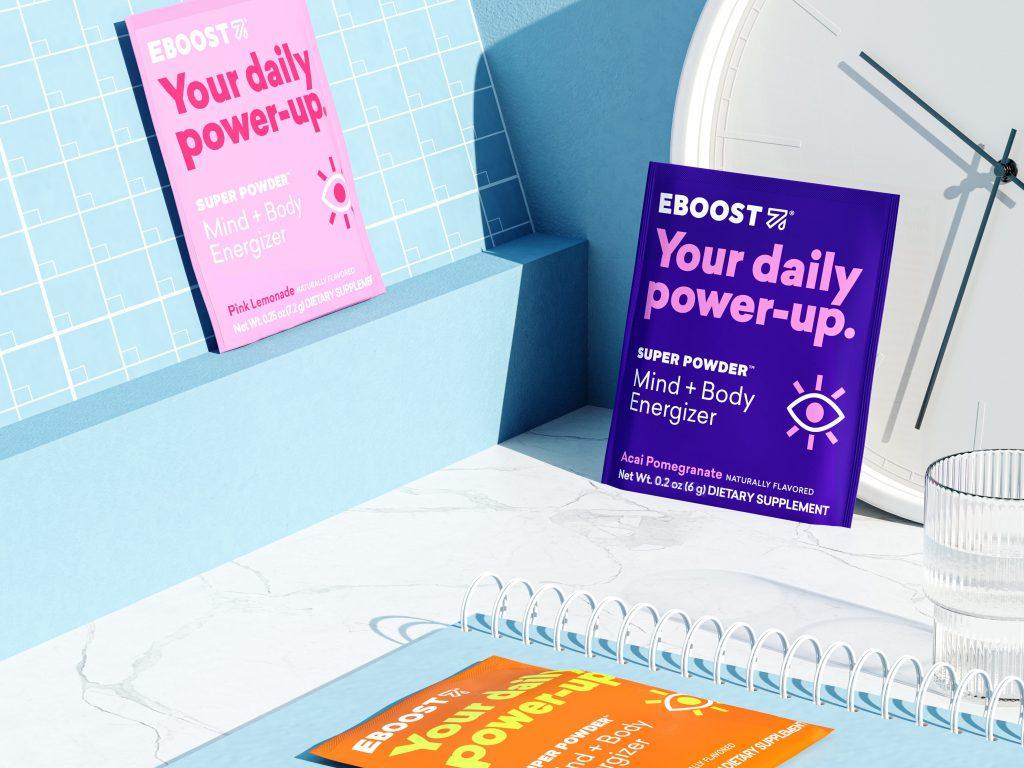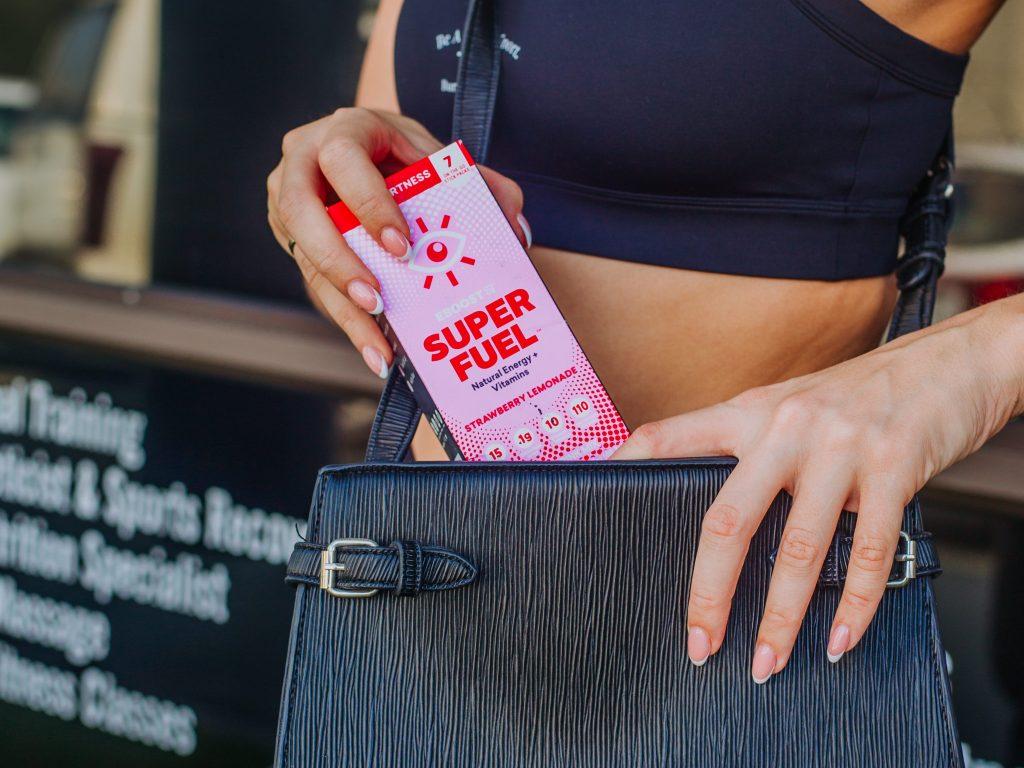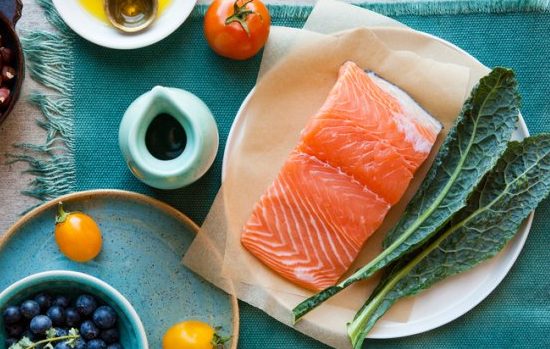Alex Caspero, R.D., is a registered dietician and the author of Fresh Italian Cooking For The New Generation.
When you hear the words “folic acid,” the first thing that probably comes to mind is…well, pregnancy. After all, it’s in practically every prenatal vitamin out there. But whether you’ve got babies on the brain or not, you’ll want to make sure you’re getting enough of this nutrient.
The lowdown: Folate, or, in its synthetic form, folic acid, is a B vitamin that has superfood powers for all women, not just those with a bun in the oven. Folate’s main role is to make new cells by helping produce genetic material (DNA and RNA). This is why folate is so important during times of rapid cell growth, like pregnancy. Folate also functions in red blood cells and may help protect against heart disease and breast cancer.
Not getting enough folate can cause serious issues, including an increased risk of cervical, colon, brain, and lung cancer. A lack of folate can also trigger anemia, since your body needs the vitamin to produce new blood cells. Symptoms include weakness, fatigue and shortness of breath.
Plus, as many as 50 to 75 percent of serious birth defects may be prevented by getting enough folic acid just before and throughout the first month of pregnancy, according to the Centers for Disease Control and Prevention.
It’s recommended that women of childbearing age get at least 400 mcg of folate a day. That number may sound huge, but it can easily be done by eating avocado toast with orange juice for breakfast, adding a half cup of lentils to your lunch salad, and snacking on broccoli and hummus in the afternoon.
For those who are…





